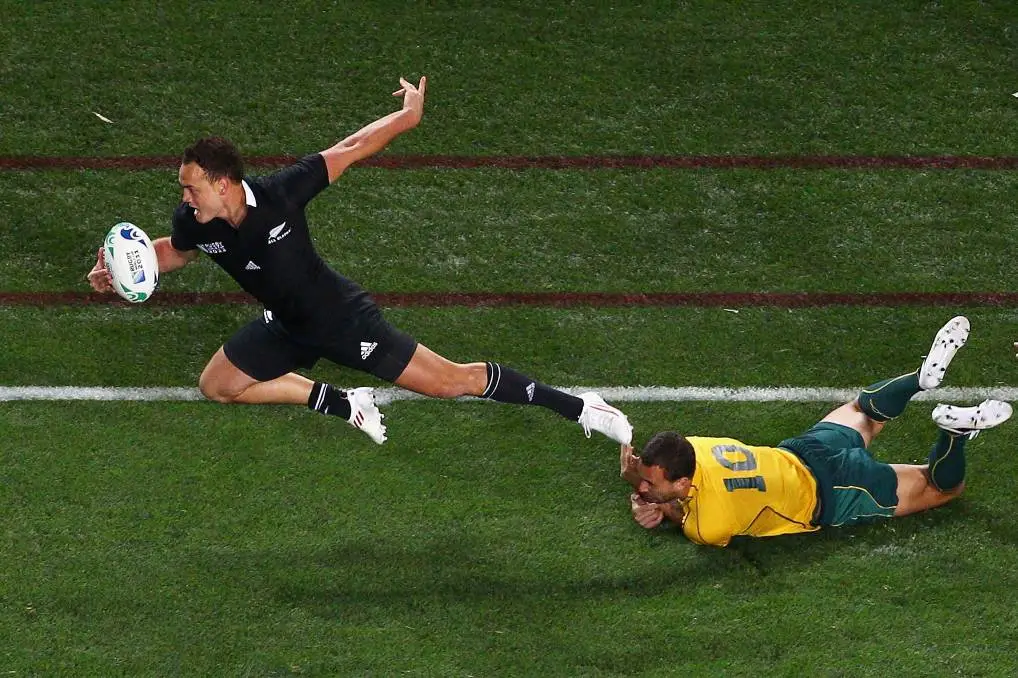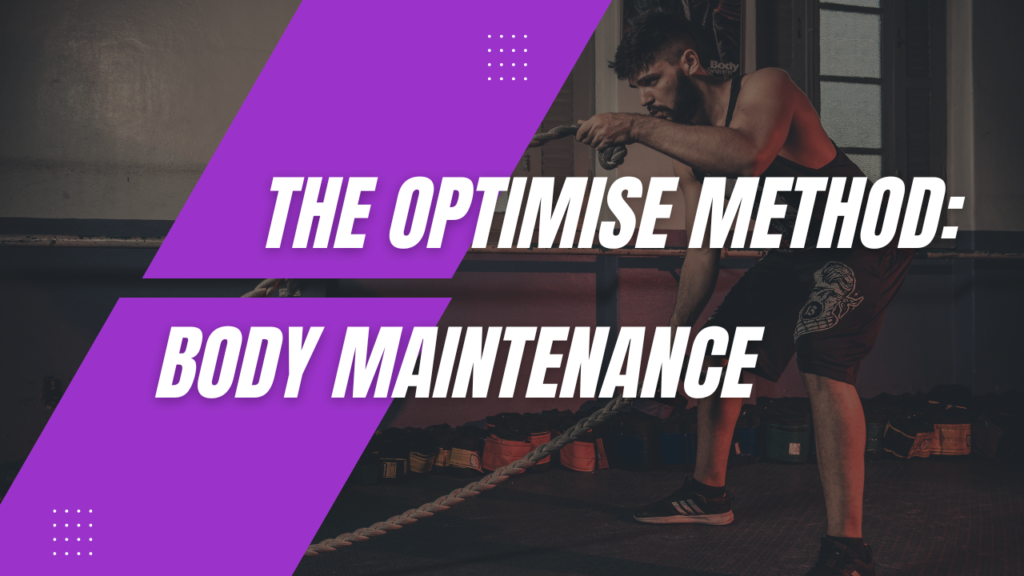When I was in my late teens I was playing a decent level of soccer. I had broken into my local team and had offers from other teams in the area and eventually played at 2 other clubs. I was also playing representative soccer playing and scoring against the New Zealand Under 19 team that were due to play in the World Cup later in that year (this was a team I was eligible to play for myself and that is another interesting story).
My club coach had played professionally in Europe and could still get around the pitch and would join in some practice games. He was still pretty fit and I wondered why he still didn’t play but he was always complaining about his knees. In his day and even in mine, “sports science” was a term not yet invented so the idea of doing activities that could create more resilient and better functioning joints, as an example, was in realm of fantasy.
One thing my coach did understand very well was managing workload. My appetite for training was insatiable as is common for most ambitious young footballers and every opportunity I got to train was taken. My representative team had given me a running program plus we were in the middle of the club season when halfway through a training session I realised I was running on empty. I got through it ok, went home and slept well but the next day at work I was gassed. My soccer game at that time was running, I could run all day and the following Saturday I was feeling very flat and after the game my coach had some wise words. He said and I’ll never forget it, “You can’t keep going to the well without giving it a chance to refill because it will run dry eventually”.
He of course was referencing the extra fitness work I was doing for my rep team and was reasoning it was the cause of my dip in form. I was doing too much, way too much.
The consequences of my overtraining were not catastrophic of course but had that game of soccer been a final or had I injured myself by over-extending then it could have resulted in injury.
Through my adult life I have remembered those words. In my training they are constantly in my mind and I take rest weeks at about every 6-7 weeks. Sometimes these will be complete rests of several days or a week or more and other times it will be “de-load” weeks.
I have also realised that changing my work around from heavy weights and low repetitions to lighter weights and higher reps to bodyweight only and mixing in different HIIT protocols along the way makes a huge difference to my levels of fatigue.
But also sometimes you just have to say, “fuck it, I am not training today, I am just not in the mood”. String a few days like this together over a week or 2 and you know you’re missing a trick, you need a proper break. You’re burning out.
I am big on using a schedule. But I am not big on habitual behaviour, it has its pluses and minuses but as a rule I am not that keen on habits as they often overrule our conscious brain.
I am always examining my habitual behaviour and always trying to mitigate the multitude of negative consequences they bring.
So when it comes to training we need to be more organised than simply doing what we’ve been doing for the past week, month, 3 months etc. Unless we interupt the habitual behaviour we will end up burnt out.
If you plan for it it will generally happen.
From time to time when you realise you will not be giving your best in the gym on a given day and you instead go have a coffee and a bagel, exactly what I did yesterday, you are simply listening to your body. I hadn’t slept well that night before plus there was an outdoor session scheduled and it was pelting down with rain.
In my mind this was a one-off and they do happen from time to time.
The outdoor session was duly cancelled but one client insisted he go do it so he sent me a session outline which I signed off on. I was very tempted to tell him to take a day off as I have noticed he is pushing very hard at the moment and we are in fact on a de-load next week. I asked him how he felt today in the gym and he admitted to being a bit fatigued so next week is timely but I should have stood him down on the outdoor work yesterday. Even at my management level of clients it’s a fine line and some clients simply don’t want to rest, they’re getting success and they thirst after more.
But as I learned the hard way many years ago now, your body is just like machinery and will not work optimally every time you switch it on unless you maintain it correctly. You must follow basic maintenance protocols around rest, fuelling, strengthening (replacing worn out/worn down parts) and resilience (oiling/greasing joints) plus you must keep fine-tuning your machine.
A fine-tuned athlete can do extraordinary things as Israel Dagg demonstrates above.
Don’t burn yourself out because the consequences could be very harmful. Mood swings, lack of energy and performance and an increase in the potential for injury are issues you could face. Plus of course if it’s making you tired it’s not making you better so your appetite for the activity will quickly wane.
My best advice is to also seek out a professional that could help a lot when it comes to program management.





